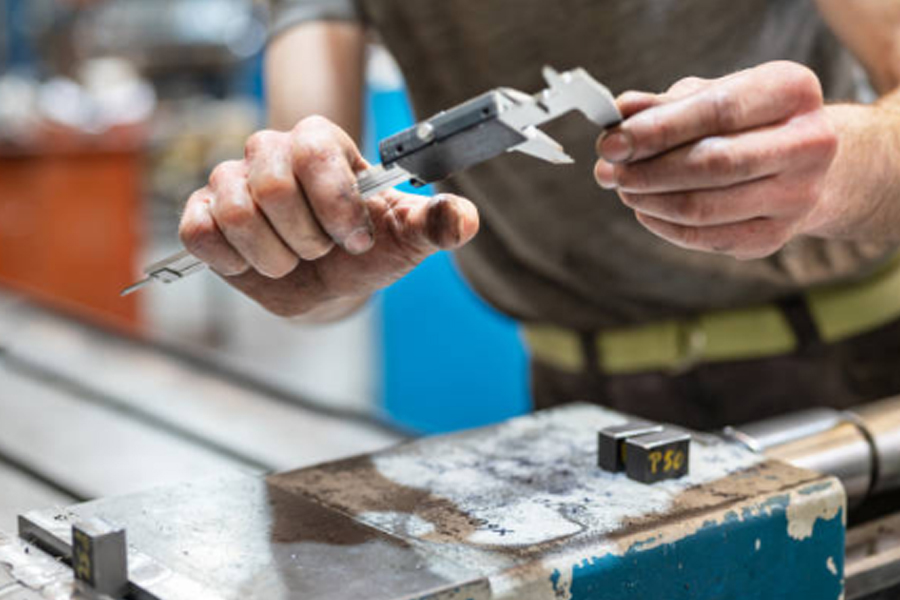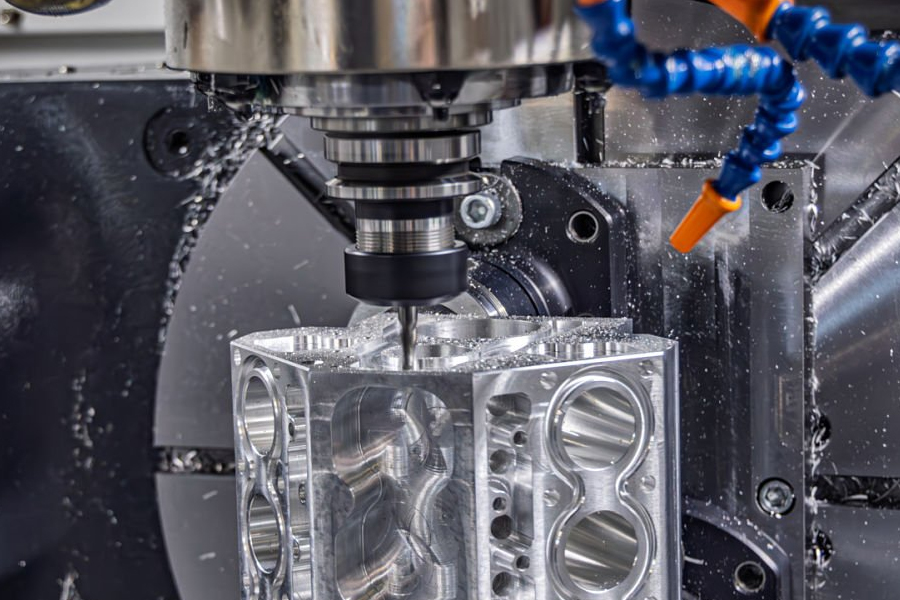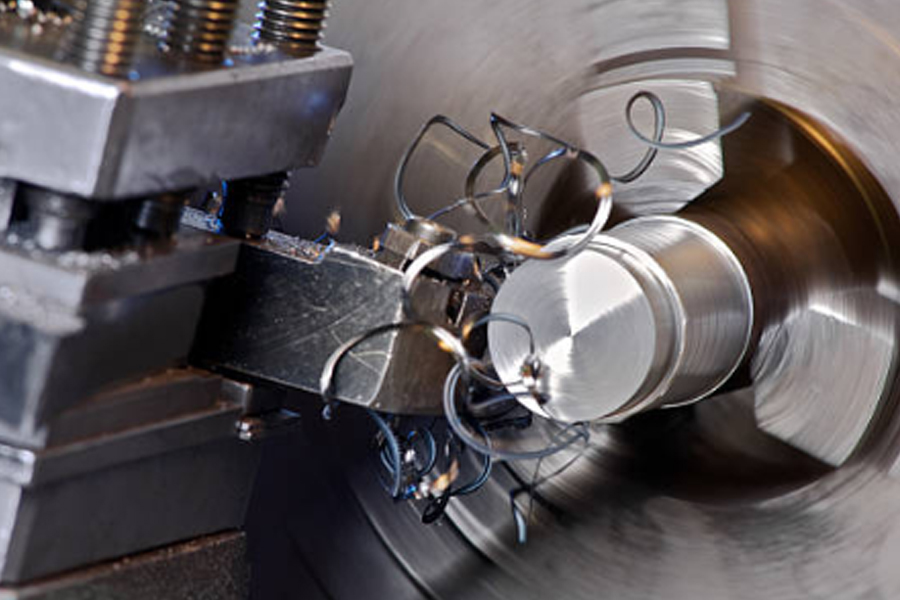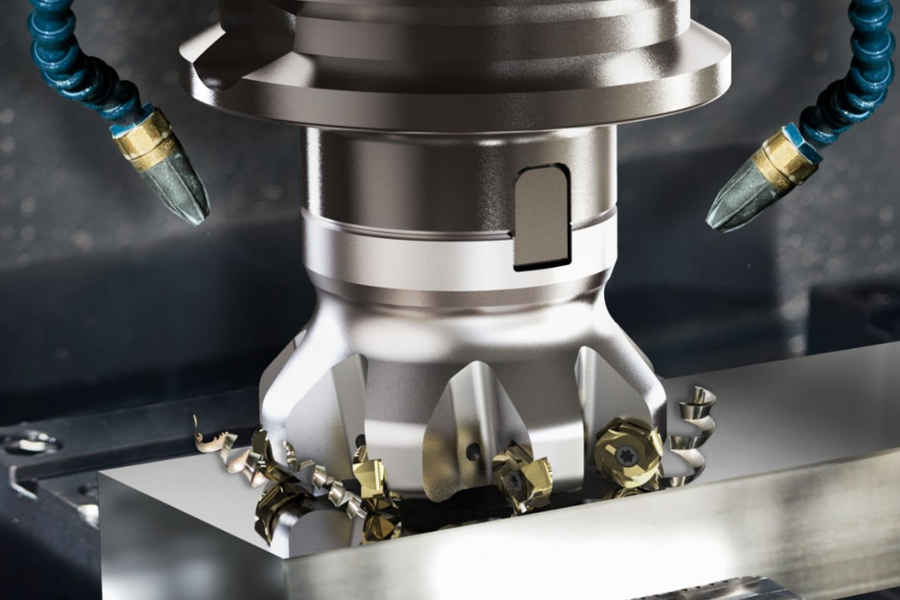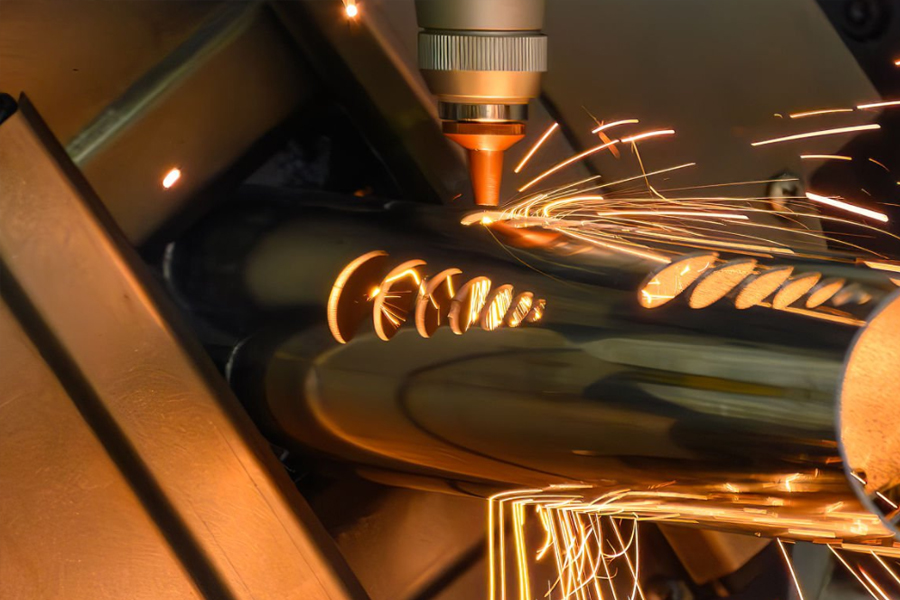In today’s fast-paced technological environment, precise intelligence processing technology is progressively becoming the fundamental competitiveness of the manufacturing business. Adaptive control, as an advanced technical approach, is especially important in the realm of precision processing.
The idea of adaptive control is to automatically modify processing parameters in response to real-time changes in the processing process in order to maintain processing quality and efficiency. Many factors influence the precision intelligent processing process, including variations in material characteristics, tool wear, fluctuations in cutting forces, and so on. Adaptive control technology detects these changes in real time using sensors and transmits the observed data back to the control system. Based on this information, the control system employs complex algorithms and models to automatically modify processing parameters such as cutting speed, feed rate, and cutting depth in response to changes in the processing process. (For example, while processing materials with varying hardnesses, the adaptive control system may automatically alter the cutting settings based on the hardness of the material. Reduce the cutting speed and feed rate for harder materials to avoid excessive tool wear and damage; for softer materials, raise the cutting speed and feed rate as needed to optimize processing efficiency. Similarly, when the tool wears, the adaptive control system detects the change in cutting force and automatically adjusts the cutting settings to maintain the stability of processing quality.

Airy Precision Machinery, a leader in precision machining, actively uses adaptive control technology to deliver high-quality products and services to the medical equipment and components sector. Precision is critical in the production of medical equipment and parts, and even little errors can have a negative impact on the equipment’s function and safety. Airy Precision Machinery’s use of adaptive control technology allows it to maintain a high degree of precision processing even in a complex and changing processing environment.
Adaptive control technology can assure the dimensional accuracy and surface quality of dental drills and crowns. By monitoring factors such as cutting force and temperature in real time during the processing process, the adaptive control system may automatically modify the processing parameters to assure product quality stability. At the same time, adaptive control technology has the potential to enhance processing efficiency, lower manufacturing costs, and increase economic advantages for dental equipment and supply producers.
Adaptive control technology has key applications in medical device manufacturing. Medical equipment are often created under tight quality control to ensure their safety and dependability. Adaptive control technology can monitor numerous processing parameters in real time, automatically change them, and maintain the accuracy and quality of medical equipment. For example, adaptive control technology in surgical equipment manufacturing may assure the instruments’ sharpness, strength, and longevity, as well as providing dependable tools for doctors’ surgical procedures.

The benefits of adaptive control technology are mostly shown in the following areas:
- Improve processing quality: By monitoring and adjusting processing parameters in real time, adaptive control technology may effectively decrease processing mistakes while also improving product dimensional accuracy and surface quality. This is especially essential in the medical equipment and components business, where high-precision products may increase equipment performance and safety while lowering patient risk.
- Increase processing efficiency: Adaptive control technology can automatically modify processing parameters based on the current condition, reducing long processing times and inefficiencies caused by inappropriate processing settings. At the same time, adaptive control technology may decrease tool wear and damage, reduce the need for tool replacements, and enhance overall processing efficiency.
- Reduce production costs: Adaptive control technology may increase processing quality and efficiency while decreasing scrap and rework rates, lowering production costs. Furthermore, adaptive control technology has the potential to increase tool service life and lower tool procurement costs.
- Improve processing stability and reliability: Adaptive control technology can monitor various parameters in real time, detect and handle abnormal conditions in the processing process, and ensure processing stability and reliability. This is critical for the medical equipment and components business since a consistent and dependable production procedure ensures product quality and safety.
Adaptive control technology, as a crucial component of precision intelligence processing technology, exhibits sophisticated concepts and evident benefits. The active use of firms such as Airy Precision Machinery has improved processing quality, efficiency, and dependability in the medical equipment and components sector. With the expansion of science and technology, adaptive control technology will play an increasingly important role in precision processing and contribute significantly to the development of the manufacturing industry.


